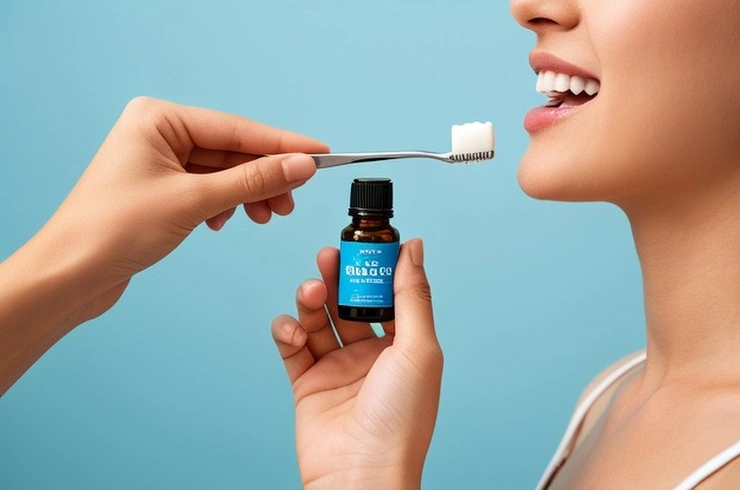
The global market for essential oils is experiencing significant growth, projected to reach $12 billion by 2022. These oils are increasingly utilized across various sectors, from medicine and holistic therapies to cosmetics and personal care, thanks to their distinct aromatic and therapeutic properties. However, a crucial question arises: can essential oils genuinely provide relief for dry mouth, a condition known as xerostomia?
Xerostomia occurs when the salivary glands fail to produce adequate saliva, leading to an uncomfortably dry oral environment. This condition can stem from various factors, including certain medications, treatments like chemotherapy and radiation, or simply dehydration. Beyond the discomfort, untreated dry mouth can contribute to serious oral health issues such as plaque buildup, tooth decay, and gum disease.
Among the suggested remedies, grapeseed oil is frequently mentioned for dry mouth relief. Some individuals advocate for directly rubbing a small amount inside the mouth to enhance moisture, while others prefer an "oil wash" – a mixture of water and grapeseed oil swirled around the mouth and teeth for lubrication. It is paramount to consult your dentist before attempting any at-home remedies.
The scientific community continues to research the efficacy of essential oils in oral health. While some studies, like an article in the Journal of International Society of Preventative & Community Dentistry, suggest that essential oils such as lavender, eucalyptus, peppermint, and clove oil may play a role in preventing and treating oral diseases due to their antibacterial, antifungal, and antioxidant properties, more comprehensive research is needed. Although components like eucalyptus and peppermint are already found in some oral hygiene products, their overall effectiveness as natural remedies for oral issues requires further investigation.
Given the ongoing research on essential oils for dry mouth, it's important to consider established self-care practices that can offer relief. These include:
Drinking ample water throughout the day.
Sucking on ice cubes or ice lollies to stimulate saliva.
Chewing sugar-free gum containing xylitol.
Using alcohol-free mouthwashes specifically designed for dry mouth.
Avoiding mouth breathing whenever possible.
Employing a humidifier to increase moisture in your living environment.
Essential oils represent a fascinating natural resource with expanding applications in medicine and even dentistry. While their benefits are evident in areas like skincare and holistic treatments, their precise efficacy in oral health, particularly for conditions like dry mouth, remains a subject of ongoing scientific inquiry. If you are experiencing persistent dry mouth, do not hesitate to seek professional advice from your dentist. They can accurately diagnose the underlying cause and recommend the most appropriate course of treatment for your specific situation.
Pro Tip
The content of the article is shared by netizens, please carefully identify it